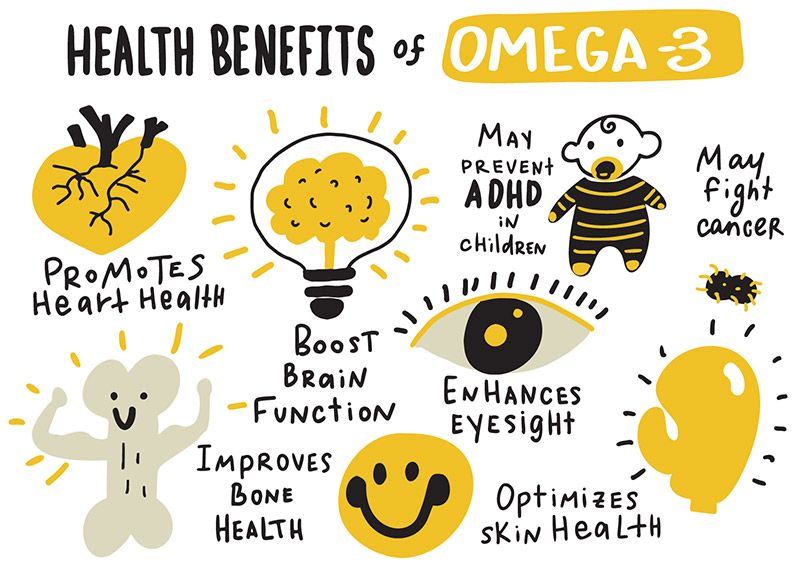The role of omega-3 fatty acids in supporting women’s liver health

When it comes to maintaining optimal health, women often face unique challenges due to hormonal fluctuations and specific anatomical differences. The liver plays a vital role in keeping our bodies functioning efficiently, and incorporating omega-3 fatty acids into our diet can significantly contribute to supporting women’s liver health. In this article, we’ll explore the importance of omega-3 fatty acids and how they benefit women specifically.
Understanding Omega-3 Fatty Acids
Omega-3 fatty acids are polyunsaturated fats that are crucial for our overall well-being. They are considered essential fatty acids, meaning that our bodies cannot produce them on their own, so we need to obtain them through our diet or supplementation.
There are three main types of omega-3 fatty acids: eicosapentaenoic acid (EPA), docosahexaenoic acid (DHA), and alpha-linolenic acid (ALA). EPA and DHA are primarily found in fatty fish like salmon, mackerel, and sardines, while ALA is commonly sourced from nuts, seeds, and plant oils.
The Impact of Omega-3 Fatty Acids on Liver Health
The liver serves as our body’s primary detoxification organ, playing a vital role in breaking down harmful substances and eliminating them from our system. It also helps regulate hormones and metabolize nutrients, making it crucial for women’s overall health.
Omega-3 fatty acids have been extensively studied for their potential liver benefits, including reducing inflammation, protecting against fatty liver disease, and improving liver function. Studies have shown that omega-3s can help lower liver fat levels, decrease liver enzyme levels, and reduce insulin resistance, which can be beneficial for women struggling with metabolic disorders such as polycystic ovary syndrome (PCOS).
Addressing Hormonal Imbalances
Hormonal imbalances are common among women, especially during different stages of life such as puberty, pregnancy, and menopause. These imbalances can lead to various liver-related issues, including impaired liver detoxification, increased oxidative stress, and inflammation.
Omega-3 fatty acids have demonstrated anti-inflammatory properties and can help regulate hormone production and balance. By incorporating omega-3s into their diet, women may experience reduced menstrual pain, improved fertility, and better management of menopausal symptoms.
Choosing the Right Sources of Omega-3 Fatty Acids
When it comes to incorporating omega-3 fatty acids into their diet, women should aim for a well-balanced and varied approach. Including a combination of fatty fish, plant-based sources, and high-quality supplements can help ensure an adequate intake of EPA, DHA, and ALA.
To consume sufficient EPA and DHA, women can add fatty fish like salmon, trout, and sardines to their meals at least twice per week. Vegetarian and vegan women can rely on plant-based sources like chia seeds, flaxseeds, walnuts, and hemp seeds to obtain necessary ALA. However, it’s important to note that ALA needs to be converted into EPA and DHA to be fully utilized by the body.
For those who have difficulties incorporating omega-3-rich foods into their diet, high-quality fish oil or algae oil supplements can be a convenient and reliable option. These supplements are specifically designed to provide optimal amounts of EPA and DHA, ensuring women meet their nutritional needs for supporting liver health.
Conclusion
Omega-3 fatty acids play a crucial role in supporting women’s liver health by reducing inflammation, protecting against fatty liver disease, and addressing hormonal imbalances associated with various stages of life. By incorporating fatty fish, plant-based sources, or high-quality supplements into their diet, women can reap the benefits of these essential fatty acids.
Prioritizing liver health is an essential component of overall well-being for women, and by making omega-3 fatty acids a part of their dietary regimen, they can take proactive steps towards supporting and optimizing their liver function.





